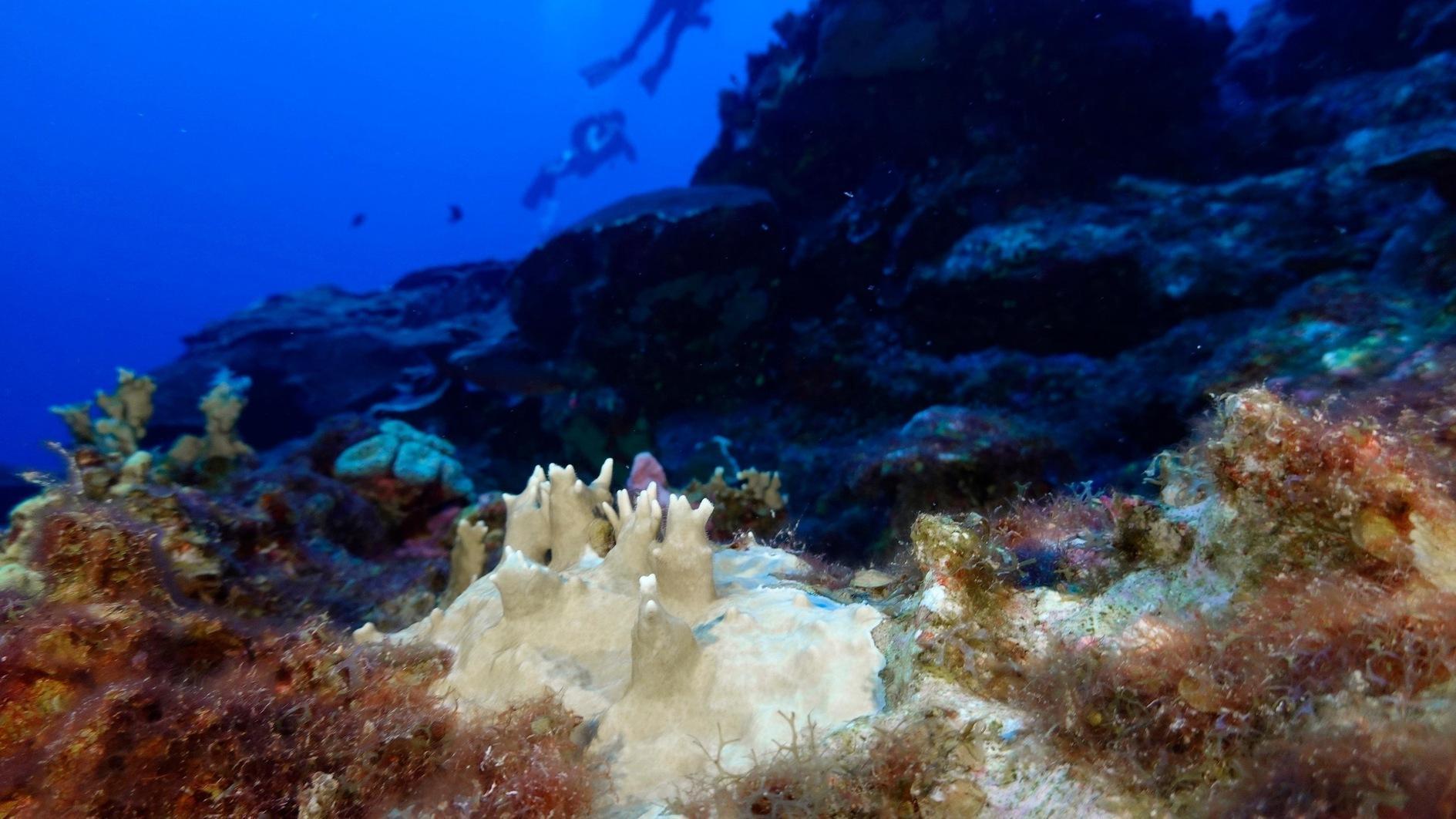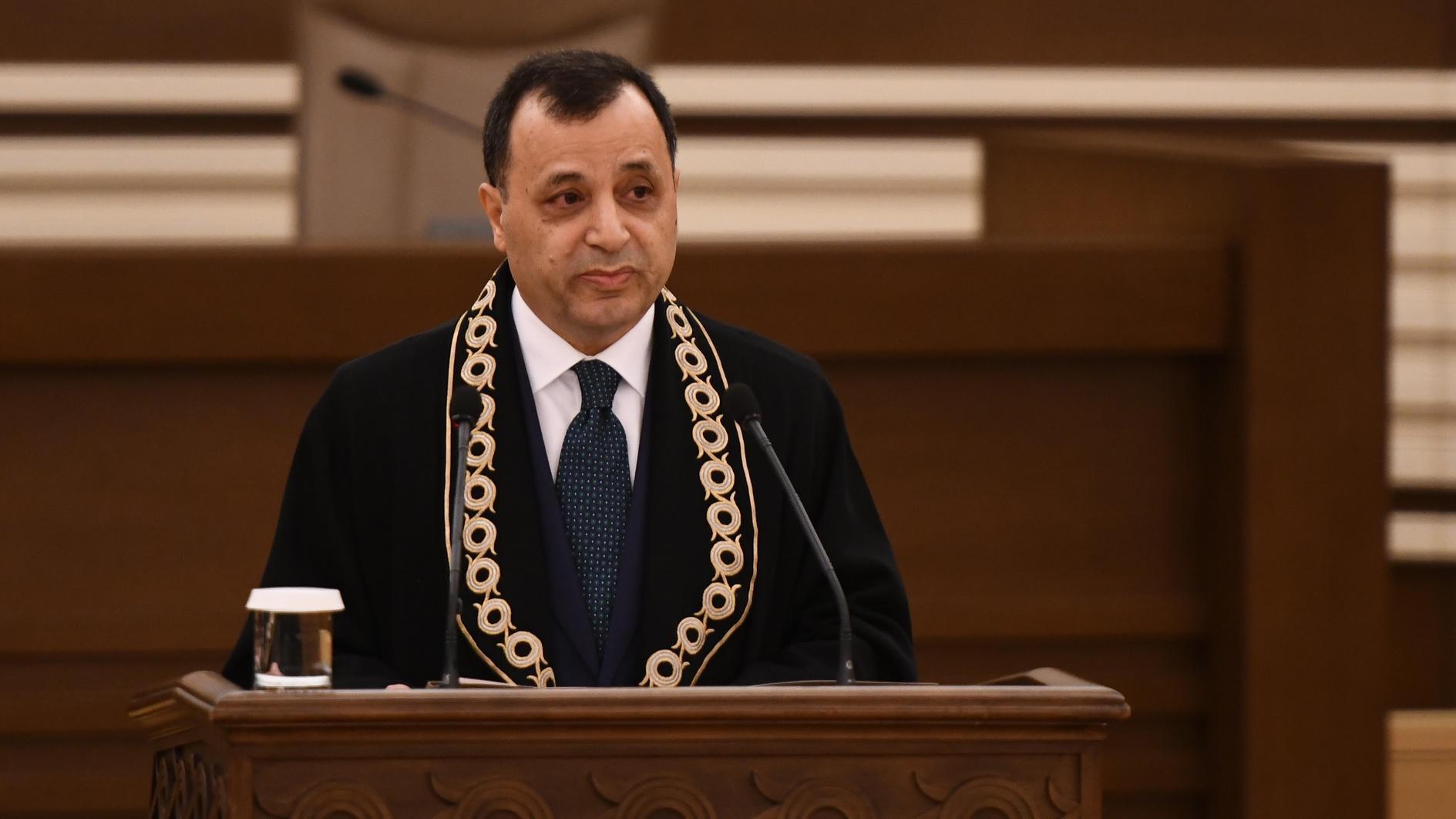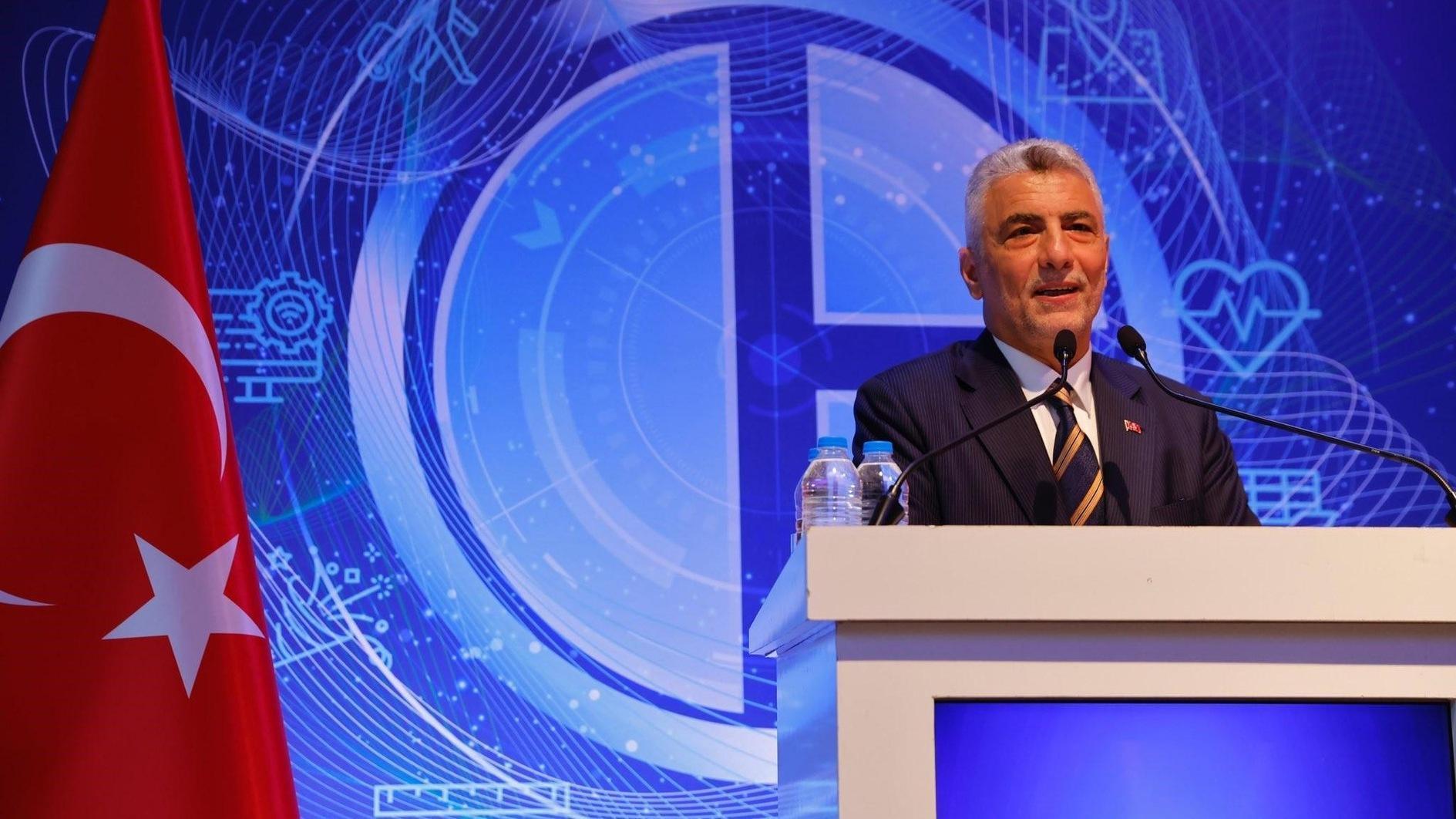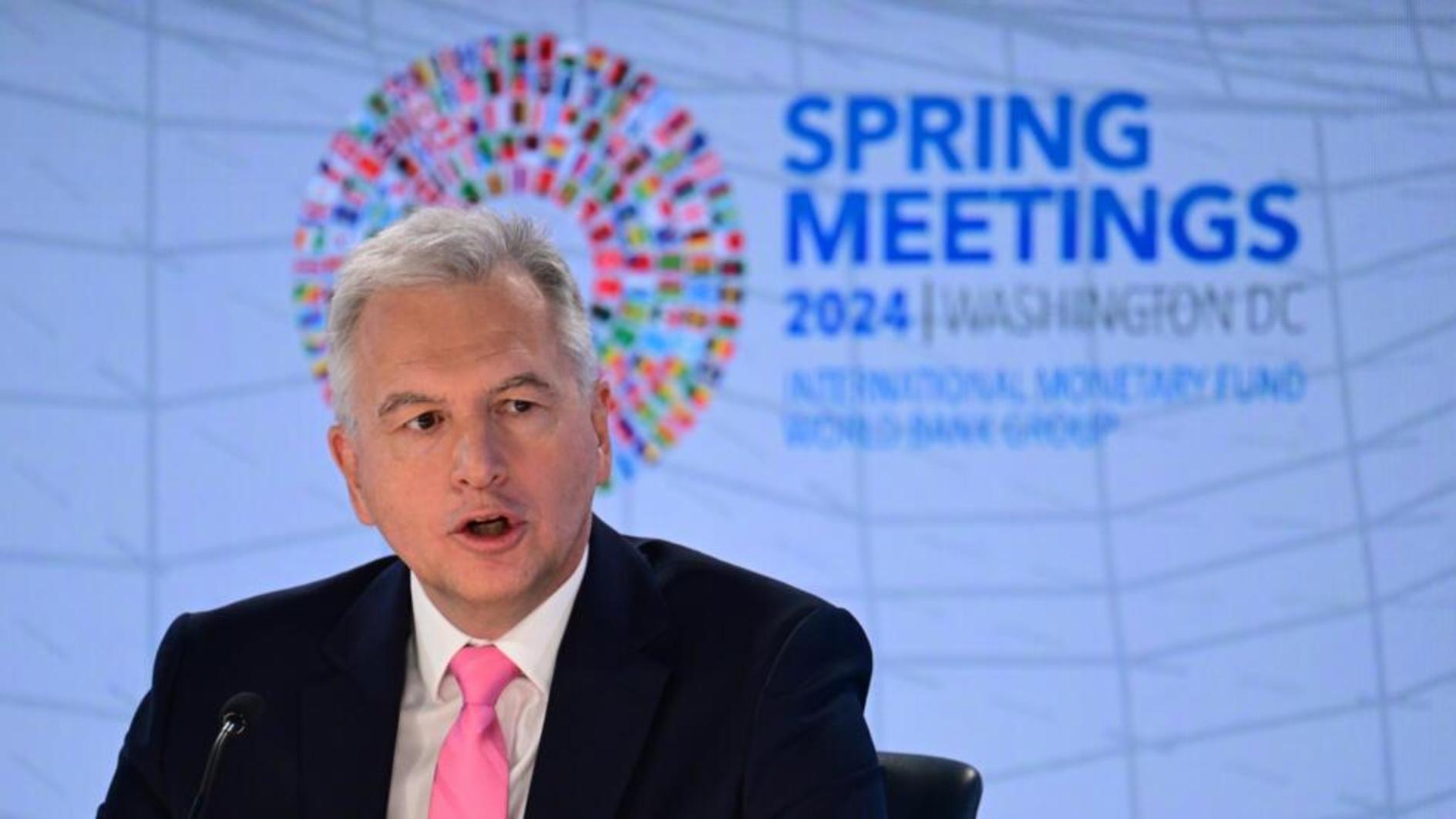The dirty consequences
The Peoples’ Democratic Party (HDP) is boasting around that it will enter the upcoming June elections as a political party and produce over 60 deputies, thereby becoming the “king-maker” in the Turkish parliament. For the HDP executives, the ten percent national election threshold is no big problem and the party will definitely get more than that. However, even in the most optimistic public opinion polls the HDP is trailing at around 8.5 percent.
For an alien trying to comprehend Turkish electoral arithmetic, the huge difference between 8.5 and 10 percent might not be understood. In this country of around 50 million eligible voters, it means a need for around two million additional votes to be able to comfortably claim an election victory. That will be a very difficult task, because the 8.5 percent seen in public opinion polls is not just the HDP vote, as it also includes support from some social democratic and socialist segments of society that are alarmed with the prospect that HDP failure is victory offered on a gold plate to the ruling Justice and Development Party (AKP).
Why? Simple. In most predominantly Kurdish populated areas while the first party – often with support as high as 90 percent – has been the HDP or its preceding Kurdish parties, the ruling AKP has been the second party over the past decade. For example, had the forefather of the HDP, the former Peace and Democracy Party (BDP), not run with independent candidates but rather as a party in the last election, it would have produced none of its 34 deputies, while the AKP would have gained 34 more deputies.
It might not appear something that important, but indeed it is. For example, in the 2011 polls the AKP received 49.95 percent of the vote and produced 326 deputies. It needed a minimum of 330 seats – or three fifths of the House – to be able to make amendments in the constitution on its own (through a referendum, of course). It the Kurds had not ran as independents, the ruling party would have had 34 more seats, producing a total of 360 seats, just seven short from having the 2/3 majority sufficient to legislate a constitutional amendment without the need to go to a referendum on it.
Well, instead of the 34 it produced in 2011, the Kurds might produce over 50 deputies if they manage to get over the ten percent threshold, but on the other hand they might help President Recep Tayyip Erdoğan get the majority he has been demanding to carry him to imperial powers and usher in an era of absolute authoritarian rule with no checks and balances in the country.
The HDP and its puppeteer enjoying a five star enforced jail term at the İmralı island prison of course must have contingency plans, or at least a Plan B should the Kurdish party fall victim as expected to the ten percent threshold. Or, can it be that Abdullah Öcalan and Erdoğan already made some sort of a deal, under which prison conditions of the chieftain will be upgraded to a “house arrest” on İmralı – for now – and some tangible steps taken in Kurdish reform areas in exchange for the HDP failing in the elections and pro-Kurdish candidates, nominated by the AKP from those predominantly Kurdish cities, elected to parliament. Lunatic as they may appear, such deals can never be excluded. In any case, is not insistence on entering elections as a party some sort of suicide? Why are Kurds committing political suicide? There must definitely be a Plan B.
There are some scary scenarios and speculations as well. According to one, Kurds would take the “below threshold result” to the Constitutional Court and complain of a rights violation. As the ten percent threshold is a constitutional stipulation, the high court would probably say it was “no violation at all.” Then the HDP will take it to the European Court of Human Rights, where most probably a decision condemning the anti-democratic ten percent threshold will be obtained. What will the end result be? If under Article 90 of the constitution there is a contradiction, international law supersedes the local law, so would Turkey redistribute parliamentary seats accordingly, renew polls or let Kurds establish their separate parliament in Diyarbakır?
Thus, it is not just the ten-point peace conditions of Öcalan wanted to be imposed on Turkey, the ambiguous Kurdish opening game played singlehandedly by the government in dark caves of “we know it all” has landed Turkey in a messy situation: Neither is a step back possible, nor progress doable.











